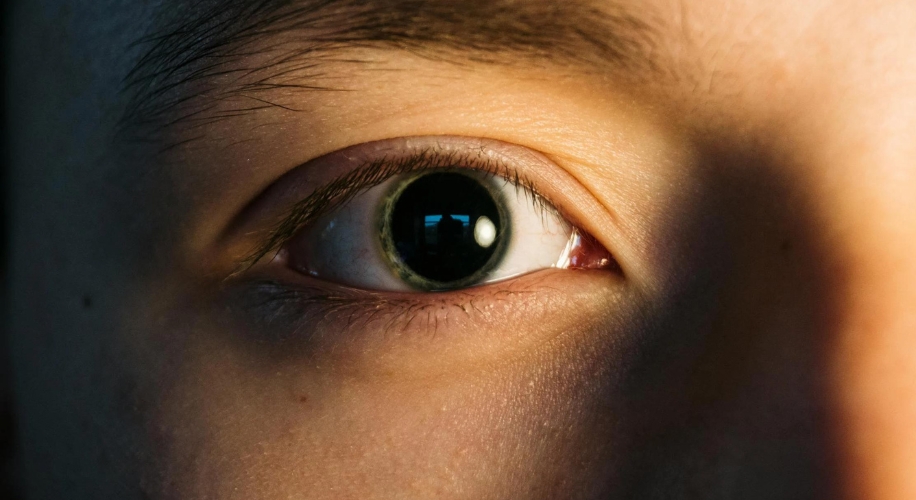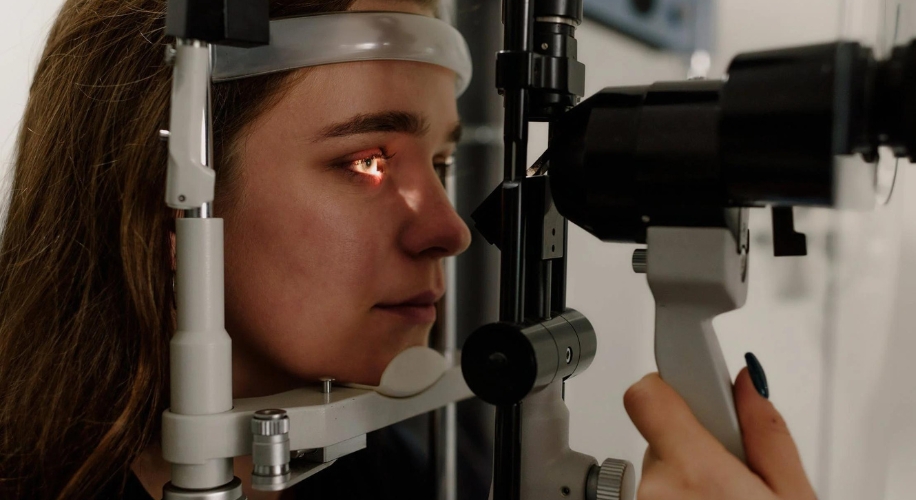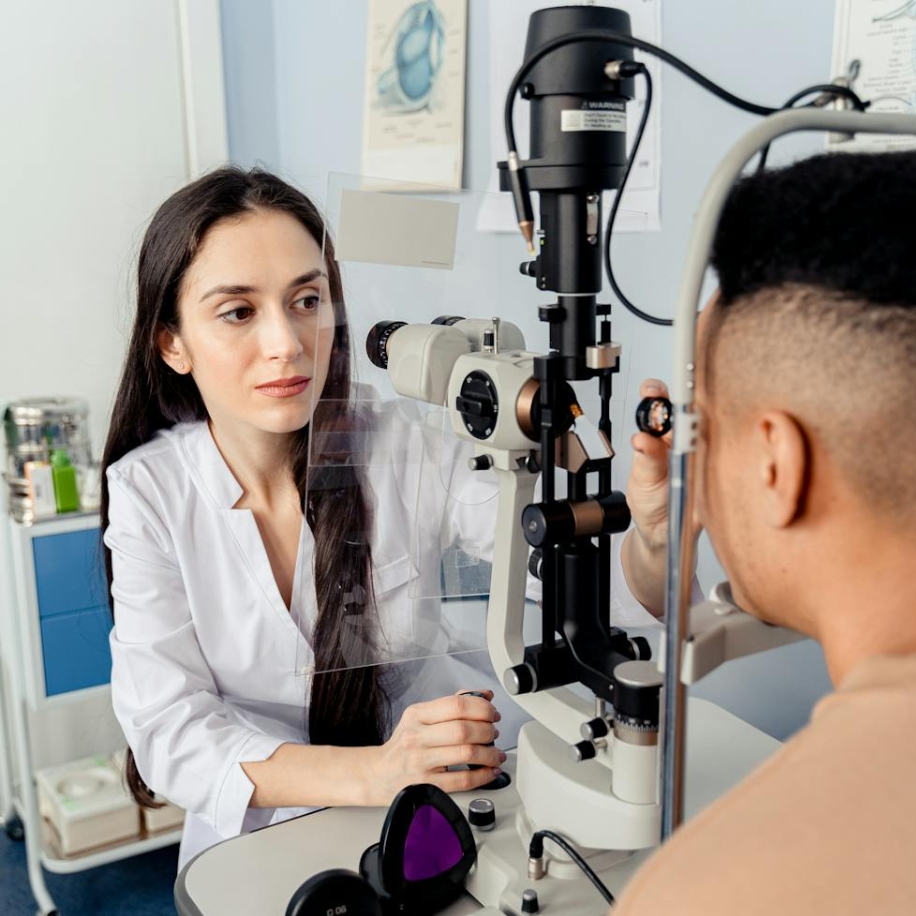Pupil Dilation During Eye Exam: How Long Does Dilation Last?
- BY Dr. Sophia Moh
- IN Eye Care

Image from Wojtek Pacześ
Greetings, vision enthusiasts! I’m Dr. Sophia Moh, optometrist at Zenni Optical, and today, let’s delve into the fascinating world of eye dilation. Have you ever wondered why your eyes get dilated during an eye exam? Moreover, how long does this dilation last? These questions often arise, and I’m here to shed light on the intricacies of this common procedure.
Why Do Eyes Get Dilated During Eye Exams?
Understanding the Mechanism:
Eye dilation is a crucial aspect of a comprehensive eye exam. When your pupils dilate, it means they open wider, allowing more light to enter the eyes. This enables optometrists like myself to get a better view of the retina, optic nerve, and other crucial structures at the back of your eyes.
Enhanced Visibility for Diagnosis:
Dilated pupils provide a comprehensive view, aiding in the early detection of eye conditions such as glaucoma, macular degeneration, and diabetic retinopathy. It also assists in evaluating overall eye health and prescribing accurate corrective lenses.

Image from Ksenia Chernaya
How Long Does Eye Dilation Last?
Temporary Nature of Dilation:
One common concern is the duration of eye dilation. While each person’s response varies, dilation typically lasts for a few hours. During this time, you may experience sensitivity to light and difficulty focusing on close-up objects.
Returning to Normalcy:
The effects of dilation gradually subside as the pupils return to their normal size. It’s advisable to bring sunglasses to your eye exam to shield your eyes from bright light afterward, making the transition more comfortable.
Eye Dilation FAQs: Addressing Your Curiosities

Image from Antoni Shkraba
How Can You Tell If Pupils Are Dilated?
Pupil dilation is easily noticeable during an eye exam, and the effects are visible when looking in a mirror afterward. Dilated pupils appear larger than usual.
How Can I Make My Pupils Bigger?
While some factors like light and emotions can naturally affect pupil size, it’s essential to note that intentionally making your pupils bigger isn’t advisable. Leave this aspect to trained professionals during eye exams.
How Do You Dilate Your Pupils?
Eye dilation is achieved using eye drops containing dilating agents. These drops widen the pupils, facilitating a comprehensive examination of the eye’s internal structures.
How Does Pupil Dilation Work?
Dilating eye drops work by relaxing the muscles in the iris, allowing the pupil to enlarge. This process is safe and temporary, ensuring a thorough evaluation of your eye health.
In conclusion, eye dilation is a valuable tool in ensuring optimal eye care. It provides a detailed view of your eye health, enabling early detection of potential issues. While the temporary effects of dilation may slightly inconvenience you, rest assured that it’s a crucial step in safeguarding your vision.
Reference: National Eye Institute
About the Author: Dr. Sophia Moh, OD, ABOC
Dr. Sophia Moh, OD, is an optometrist based in the Bay Area, California. She holds a doctorate from UC Berkeley School of Optometry and has worked in various eye care settings, including primary care optometry, general ophthalmology, community health clinics, and Veterans Affairs. Dr. Moh is dedicated to improving global vision health by making high-quality, affordable eyewear accessible to all. She is also a certified American Board Optician (ABO) and actively contributes to optical education through training and lectures.
